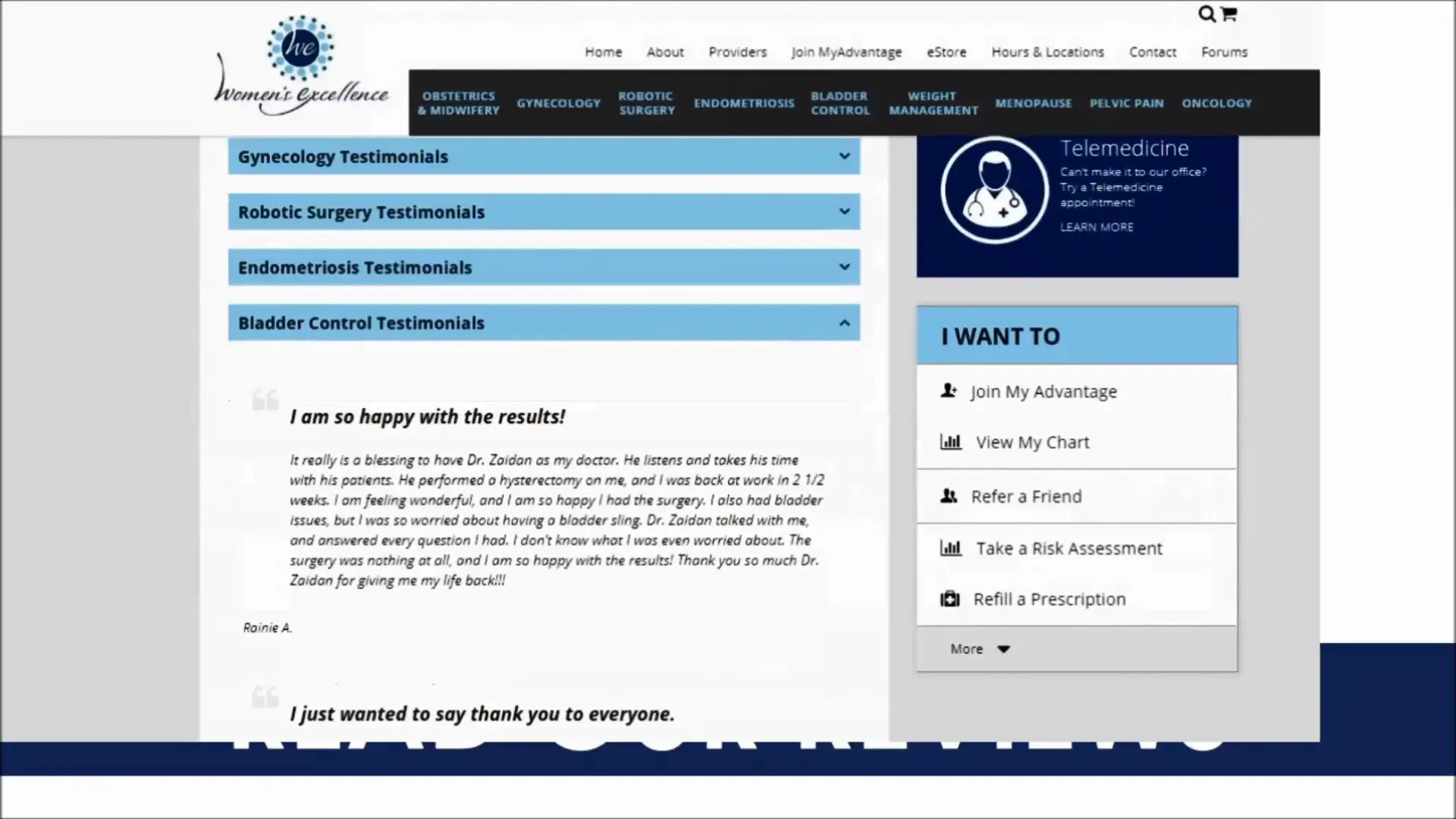Circumcision is for many couples a very important decision to make following their son’s birth. For many, the decision comes very easily as it is based on religious or cultural reasons. For others, the decision about the baby getting circumcised involves much more.
The decision to have your son circumcised involves having the loose skin, called the foreskin (skin over the head of the penis) removed.
WHY HAVE YOUR SON CIRCUMCISED?
Reasons for circumcision include religious, cultural, and for appearance or health reasons.
Circumcision for the Jewish community is based upon the belief that circumcising boys on the 8th day following birth is a commandment from God.
The Muslim community believes that circumcision is a reflection of their commitment of their faith to God. When the circumcision will occur depends on the tradition of the family.
Some families will decide about having their son circumcised purely based upon what dad’s penis looks like. Many parents want their sons penis to look like dad’s.
Some parents choose to circumcise their sons because they believe it is cleaner. Others believe that circumcision will protection their son from infection or cancer as they age.
IS IT CLEANER TO BE CIRCUMCISED? WILL IT PROTECT MY SON FROM INFECTIONS OR CANCER?
Washing the penis with soap and water, whether it is circumcised or not, is necessary to keep it clean.
Circumcision does not make the penis cleaner, but circumcision may help decrease the risk of urinary tract infections during the first year.
Uncircumcised boys do need to be taught to clean beneath their foreskin, just like they need to be taught to wash their hands or brush their teeth.
Circumcision does seem to protect against some types of infection or cancer. However, cancer of the penis is very rare. Around 300,000 circumcisions would need to be done to prevent one case.
Circumcision may also decrease the risk of heterosexual transmission of human immunodeficiency virus and other sexually transmitted infections.
HOW A CIRCUMCISION IS DONE?
A majority of circumcisions take place at the hospital prior to discharge home.
Circumcisions for religious reasons are most often done in the home or synagogue.
Before the procedure, a small amount of anesthesia is injected at the base of the penis to block the pain.
If you have a Jewish religious circumcision, your baby may be given a few drops of blessed, sweet wine in a nipple just before the procedure.
WAYS TO PERFORM THE CIRCUMCISION
There are different ways to do a circumcision. In one type, a clamp placed around the head of the penis which blocks off the blood supply to the foreskin. The foreskin is then removed that remains above the clamp. The clamp stays on the penis until the area is healed and the clamp part falls off approximately three days later.
In another type of circumcision, the foreskin is removed with scissors or a scalpel.
After the circumcision, petroleum jelly and gauze is placed over the wound and is changed with every diaper change. The area is kept very clean. Be sure to wash your hands before and after changing diapers. This protects the end of the penis while it heals. The healing process will take approximately one week to 10 days to heal.
MAKING THE DECISION TO CIRCUMCISE MY SON
The American Academy of Pediatrics (AAP) supports the health benefits of elective newborn circumcision for boys, when compared to the health risks to uncircumcised males.
The AAP, the American College of Obstetrics and Gynecology (ACOG), along with the midwives at Women’s Excellence in Midwifery, do not support routine circumcision for all newborn boys. This is in accordance with the 2012 recommendation from the AAP, which is also endorsed by the ACOG.
A parent’s decision to circumcise their newborn son should be based upon information that is unbiased and accurate that includes not only the health benefits of newborn circumcision, but also the risks involved in the elective procedure. Ultimately, the decision to circumcise your son should weigh heavily upon the health benefits and risks, and less upon one’s ethical, religious, and cultural beliefs or practices.
Discussion between parents and their healthcare providers regarding the health benefits and risks of newborn male circumcision should be take place well before the birth of their son to allow the best decision possible.
Contact us or use our chat today to make an appointment so we can discuss the risks and benefits of your baby getting circumcised.







